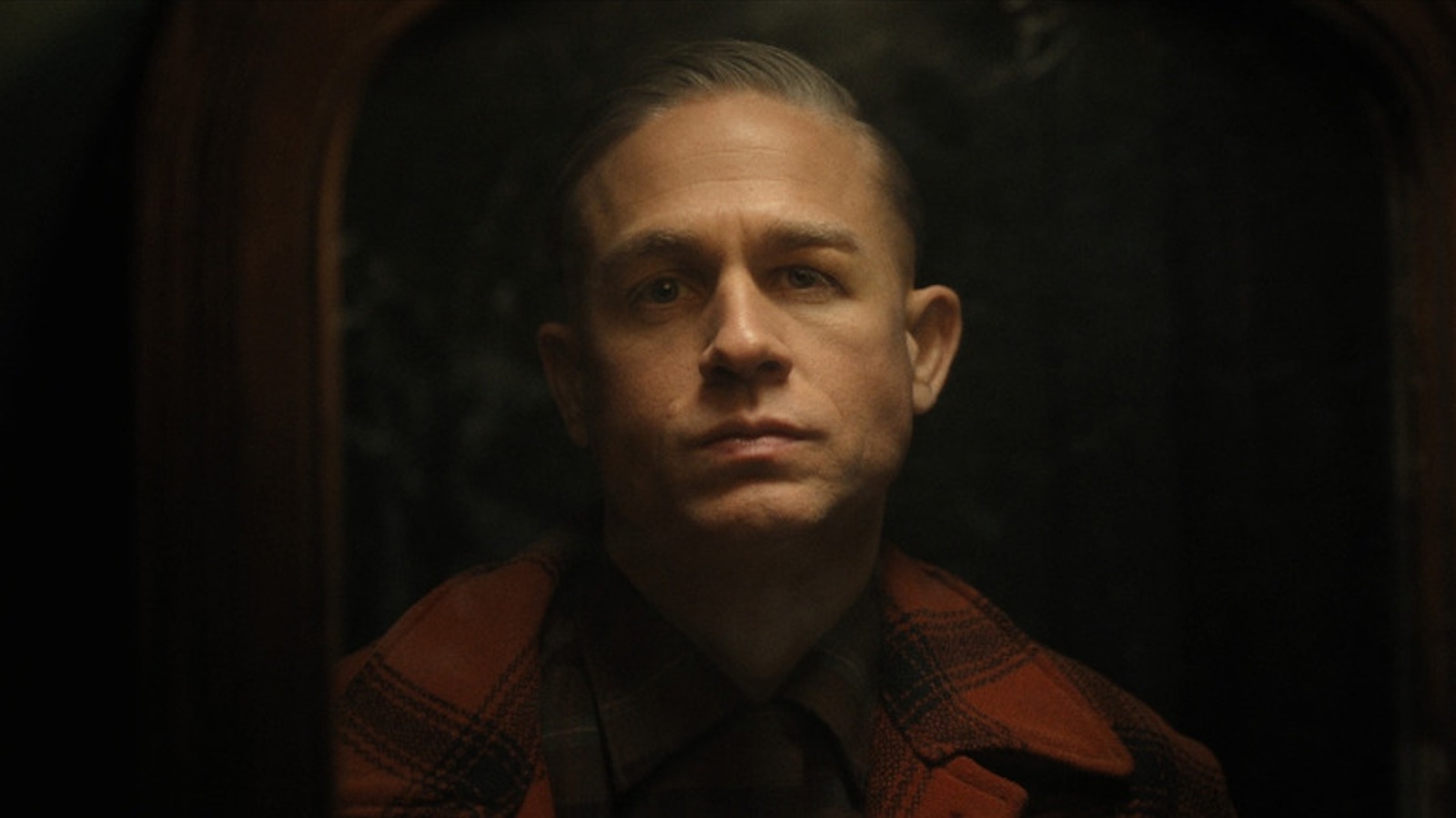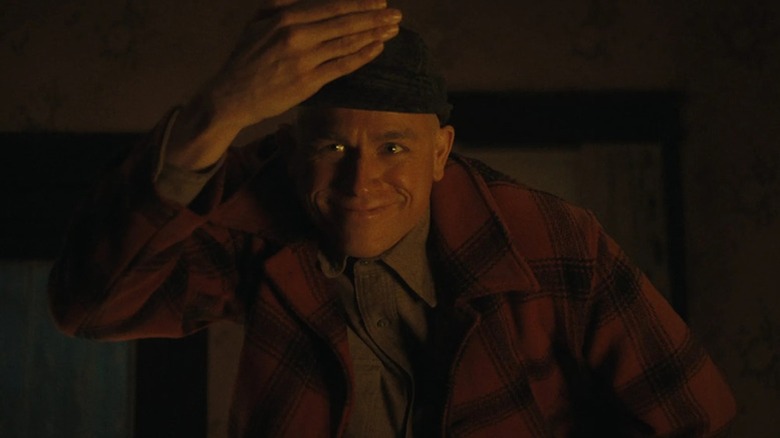Alfred Hitchcock’s “Psycho” and Tobe Hooper’s “The Texas Chain Saw Massacre.” These movies were not straight, factual depictions of Gein’s crimes, but they saw terrifying potential in exploiting the monstrousness produced by a mix of social isolation, bullying, and parental abuse. As they became box office hits and spawned sequels, fans of the films dug into the lore of Ed Gein, curious to learn how a human being could be driven to such savagery.
Ryan Murphy’s “Monster: The Ed Gein Story,” the third season in his Netflix series about notorious American killers (coming on the heels of Jeffrey Dahmer and the Menendez brothers), purports to get granular about Gein’s gruesome acts, but according to showrunner Max Winkler (the son of television legend Henry Winkler), the writers made significant alterations to Gein’s story because, in some cases, they felt the history was wrong. They also felt the historical depiction of Gein (played by Charlie Hunnam) lacked empathy. So they made some alterations that, to Winkler and his writers, felt truer to the fact than the long-established (but perhaps flawed) factual record.


